Before 2020, American Indian reservations made up roughly 55 million acres of land in the United States. Nearly 200 million acres are reserved for National Forests — in the emergence of this nation, our government set aside more land for trees than for Indigenous peoples.
 In the 1830s Muscogee people were rounded up by the U.S. military at gunpoint and forced into exile halfway across the continent. At the time, they were promised this new land would be theirs for as long as the grass grew and the waters ran. But that promise was not kept. When Oklahoma was created on top of Muscogee land, the new state claimed their reservation no longer existed.
In the 1830s Muscogee people were rounded up by the U.S. military at gunpoint and forced into exile halfway across the continent. At the time, they were promised this new land would be theirs for as long as the grass grew and the waters ran. But that promise was not kept. When Oklahoma was created on top of Muscogee land, the new state claimed their reservation no longer existed.
Over a century later, a Muscogee citizen was sentenced to death for murdering another Muscogee citizen on tribal land. His defense attorneys argued the murder occurred on the reservation of his tribe, and therefore Oklahoma didn’t have the jurisdiction to execute him. Oklahoma asserted that the reservation no longer existed. In the summer of 2020, the Supreme Court settled the dispute. Its ruling that would ultimately underpin multiple reservations covering almost half the land in Oklahoma, including Nagle’s own Cherokee Nation.
Here Rebecca Nagle recounts the generations-long fight for tribal land and sovereignty in eastern Oklahoma. By chronicling both the contemporary legal battle and historic acts of Indigenous resistance, By the Fire We Carry stands as a landmark work of U.S. history. The story it tells exposes both the wrongs that our nation has committed and the Native-led battle for justice that has shaped our country. [Adapted from publishers’ description.]
ISBN: 9780063112049 | Harper
Watch an interview with author Rebecca Nagel on Democracy Now! below.

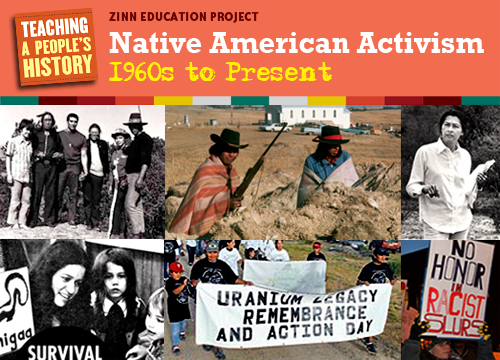

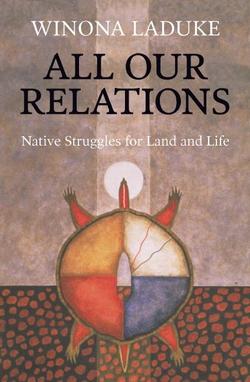
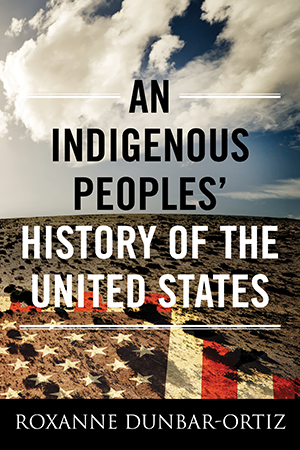
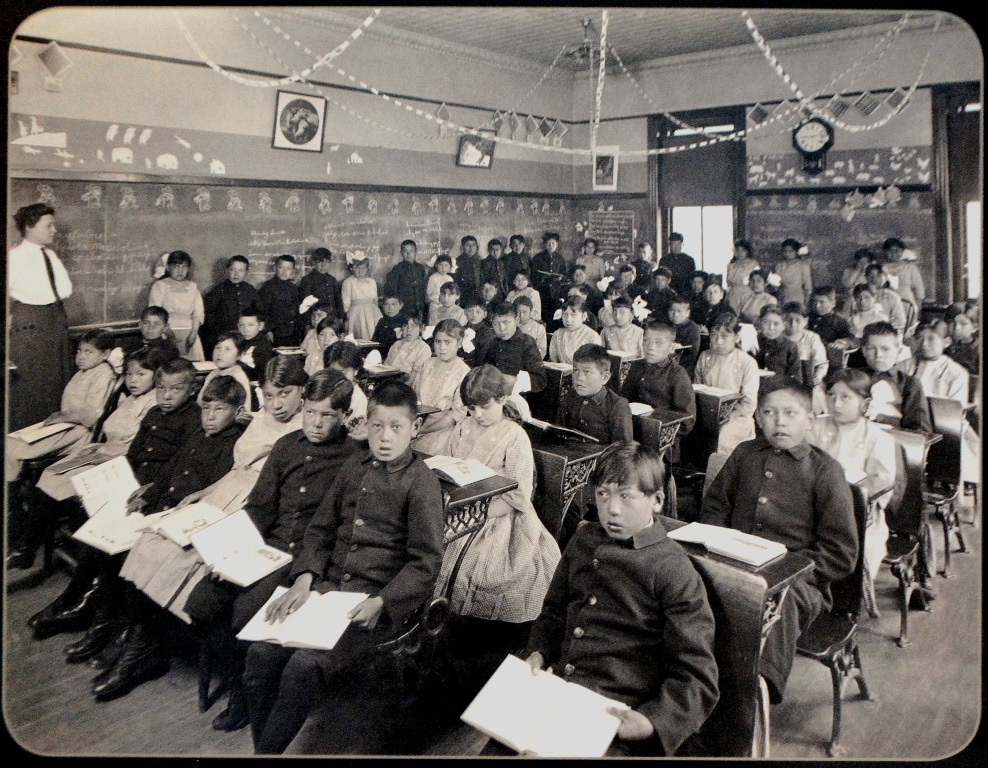
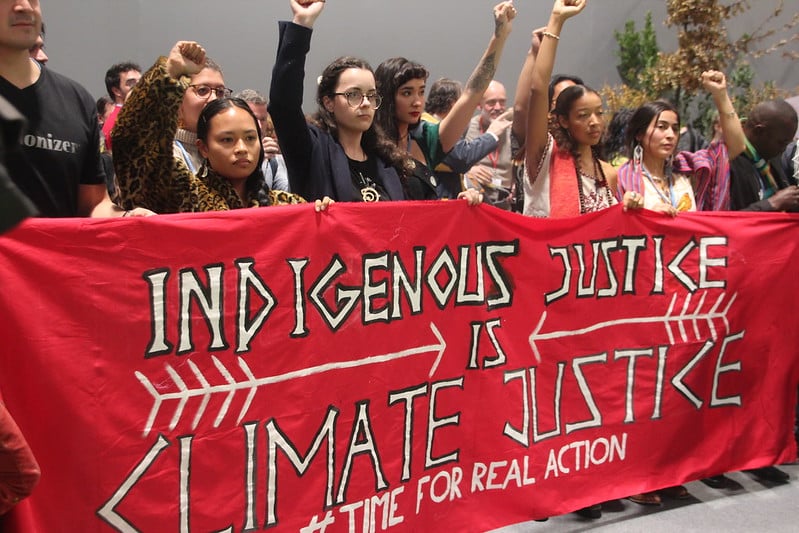
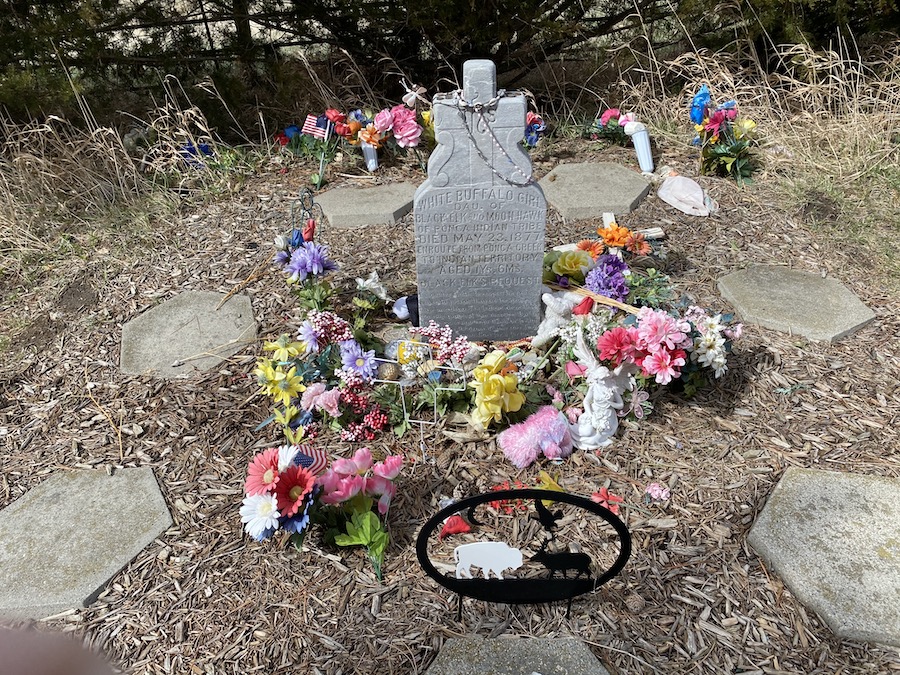







Twitter
Google plus
LinkedIn